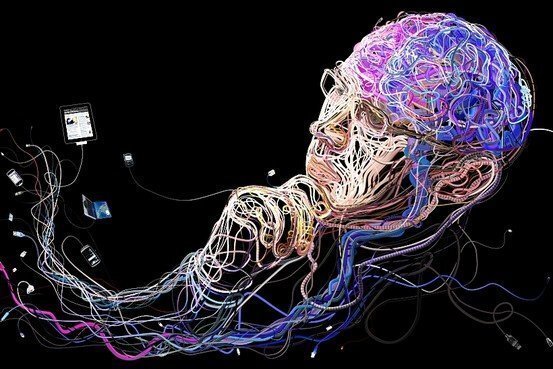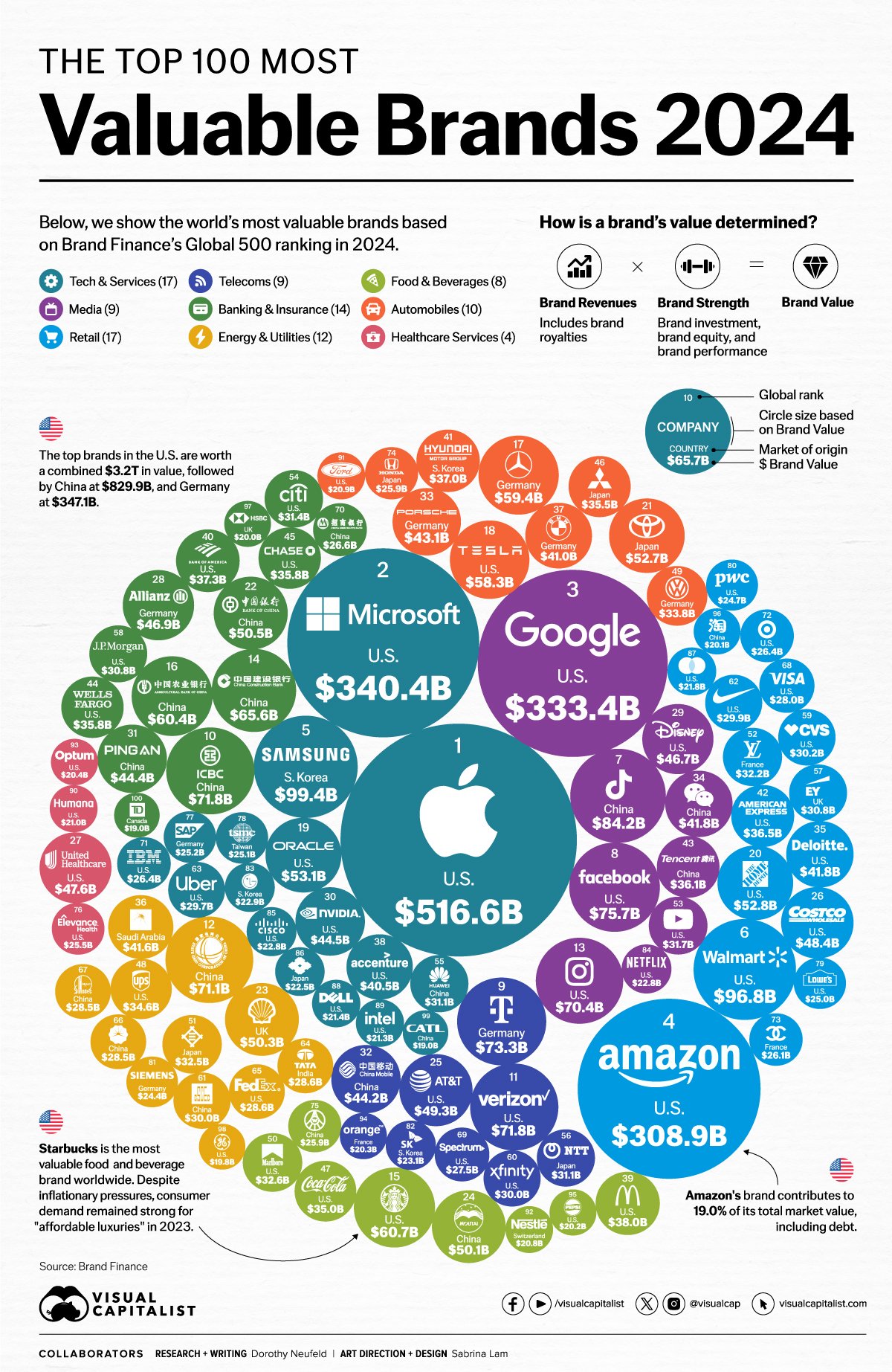OPTIONAL THEME:
KNOWLEDGE AND TECHNOLOGY
Image Credit: Lehrblogger
TECHNOLOGY AND HUMAN POSSIBILITY
Technology extends human possibility, but there are downsides. We must weigh unintended negative consequences against astonishing gains.
Technology evolves. Think of Paleolithic stone tools, and cooking fires; swords and plough shares; steam trains and space shuttles; electron microscopes and antibiotics, atom bombs and Auschwitz, Hubble telescope and Large Hadron Collider; Google Earth and Google Translate; and, not least, all those sophisticated mobile devices that allow an estimated 5 billion people to carry around much of the edifice of human knowledge in their pockets.
In this digital age we can access monumental quantities of data and information. The reliability of online data and information varies and what we see is interwoven with commercially-driven, personalized, algorithm-generated clickbait.
CLASS ACTIVITIES
44 orders of magnitude!
Powers of 10
Extended phenotype
Electromagnetic spectrum
Hubble interlude
The special case of brain imaging
Glass brain project interlude
You are the product
Digital technology and you
Seven provocative internet quotes
Do you own your name?
Infantilized humans in WALLᐧE (2008)
Chess algorithm—AlphaZero
Checkmate in four moves
Tic-tac-toe algorithm
From Deep Blue to AlphaZero
Coda: Black box bots
Artificial Intelligence
The Turing Test and the Chinese Room
Can a machine know?
Artificial General Intelligence (AGI)
Autonomous swarming slaughterbots—be very afraid!
Faking it
Try not to think at all
Knowing and thinking
Deep fakery
Knowledge and technology intersecting with knowledge and politics
In praise of Wikipedia
Spontaneous trivia search online
What do we already know about Wikipedia?
A free encyclopedia that anyone can edit
Jaron Lanier’s dystopian question
Video gaming: distraction or medicine?
Epistemic hunger—we are information seeking creatures
An encounter with Endeavor.Rx
Esports
Technomorality
Extending human possibility
Stochastic parrots and distorting mirrors
How do LMMs work?
Technomorality landscape
Trolley problems and self driving cars
Classic Trolley problems
Beyond theoretical—self driving cars
Gorillas, robots and personhood
Koko the gorilla
The Clever Hans effect
Sentient robots and individual rights?
AI and academic integrity
IA-related IBO sources
Commentary
Existential threat
Relevance to TOK
Connecting with Knowledge and politics
Prioritizing existential risk
Existential risk gallery
Promethean dreams
Ancient myth in modern dress
A thought provoking transition
Prometheus myth
Icarus and Daedalus
This is the worst thing I’ve ever witnessed
Pandora’s box
Mary Shelley’s Frankenstein
Eating the forbidden fruit
Destroyer of worlds
Afterword: El sueño de la razón produce monstruos
International Space Station. Source: Picture Alliance DPA. NASA.
“ The real problem of humanity is the following: we have Paleolithic emotions; medieval institutions; and god-like technology. And it is terrifically dangerous, and it is now approaching a point of crisis overall.... Until we answer those huge questions of philosophy that the philosophers abandoned a couple of generations ago—Where do we come from? Who are we? Where are we going?—rationally, we’re on very thin ground.”
As TOK students consider how digital technology impacts knowledge, and themselves as knowers, intriguing ethical issues emerge. In the class activities above students are invited to explore knowledge questions relating to contentious issues like:
Artificial intelligence and robotics
Algorithms that learn
Collecting of personal biometric data including medical records, genome and facial recognition
The more or less permanent nature of an individual’s digital footprint
The pitfalls of easy access to online pornography
Privacy issues associated with apps like Siri and GPS tracking
Adobe Photoshop and sophisticated video editing that create convincing fake imagery
Blockchain technology and cryptography
Echo chambers perpetuating seductive alternative facts and conspiracy theories
Photo: Intel® / She Will Connect: Closing Gender Gaps in Technology
KNOWLEDGE QUESTIONS
The new Theory of Knowledge Guide (2020) provides 385 Knowledge Questions for student exploration. Here are the knowledge and technology questions:
SCOPE
What is the difference between “data”, “information” and “knowledge”?
To what extent is the internet changing what it means to know something?
In what sense, if any, can a machine be said to know something?
PERSPECTIVE
Do social networks reinforce our existing perspective rather than boosting our engagement with diverse perspectives?
What impact has the fact that English is the primary language of the internet had on knowledge sharing?
Can algorithms be biased?
Is big data creating a new cognitive paradigm?
First published January 29, 2024
METHODS AND TOOLS
To what extent are technologies, such as the microscope and telescope, merely extensions to the human senses, or do they introduce radically new ways of seeing the world?
What is the difference between computational thinking, algorithmic thinking and critical thinking?
ETHICS
How might technology exacerbate or mitigate unequal access, and divides in our access to knowledge?
Should we hold people responsible for the applications of technologies they develop/create?
To what extent have technological developments led to an increase in data being collected without people’s consent or when they are unaware that it is being collected?
MIFARE integrated circuit chip, used in tickets for the Moscow subway.
Photo source: Zeptobars
CONNECTING TO THE CORE THEME
How might personal prejudices, biases and inequality become “coded into” software systems?
Do you use different criteria to make ethical decisions in online environments compared to in the physical world?
What Will Become of Us? New York Times Magazine cover, November 11, 2018.
Photo illustration by Jamie Chung.
“We liked the idea of a robot hand holding a human skull for its reference to 'Hamlet' and the humor of a robot's contemplating the future (or is it the past?) of humans."





